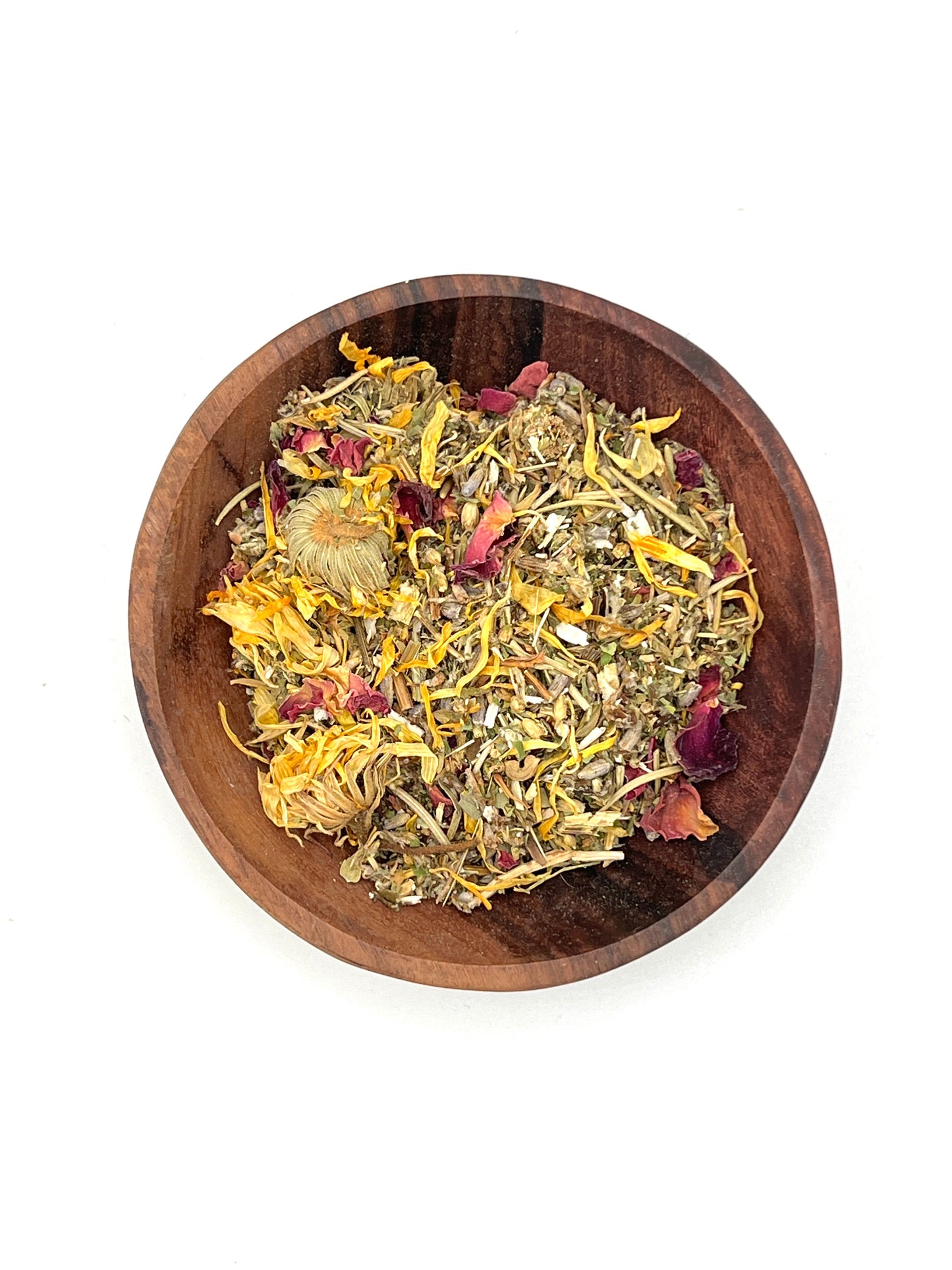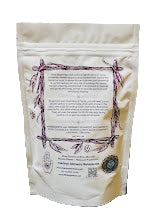Beaver Ease | Relaxing Yoni Steam
Beaver Ease | Relaxing Yoni Steam
Couldn't load pickup availability
Organically-sourced herbs blended to create a Yoni Steam tailored for relaxation and easing menstrual cramps
Our proprietary herbal blends. Made in house by our herbalist. They are all loose teas sold by the ounce
"Ancient Origins
The history of yoni steaming dates back to ancient times, with evidence of its practice found in cultures across the globe. In ancient Egypt, women used herbal steam baths to cleanse and purify the uterus after childbirth. Similarly, in traditional Korean medicine, a practice known as chai-yok involves sitting over a pot of steaming herbs to promote uterine health.
Cultural Significance
Yoni steaming holds cultural significance in many societies, where it is viewed as a sacred practice that honors the feminine body. In some African cultures, for example, yoni steaming is performed as part of a rite of passage for young women entering womanhood. It is believed to cleanse and purify the body, as well as to provide spiritual and emotional healing.
Benefits of Yoni Steaming
Proponents of yoni steaming claim that the practice offers a range of health benefits. These include:
- Regulation of menstrual cycles
- Reduction of menstrual symptoms such as cramping and bloating
- Increased fertility
- Relief from symptoms of menopause
- Improved vaginal health
Modern Practices
Today, yoni steaming is experiencing a resurgence in popularity, with many wellness spas and holistic health practitioners offering the service. The practice has also gained attention on social media, where influencers and celebrities have shared their experiences with yoni steaming.
How to Perform Yoni Steaming
To perform yoni steaming at home, you will need a yoni steam seat or a comfortable chair with a hole in the seat, a pot for boiling water, and a selection of herbs. Common herbs used in yoni steaming include mugwort, rosemary, and basil. Boil water, add the herbs, and allow the mixture to steep for a few minutes. Then, sit over the steam for 20-30 minutes, being careful not to get too close to the hot water.
All Organic Ingredients:
Mugwort, Motherwort, Rose, Calendula, Yarrow, Lemon Balm, Rosemary, Lavender, Oregano






